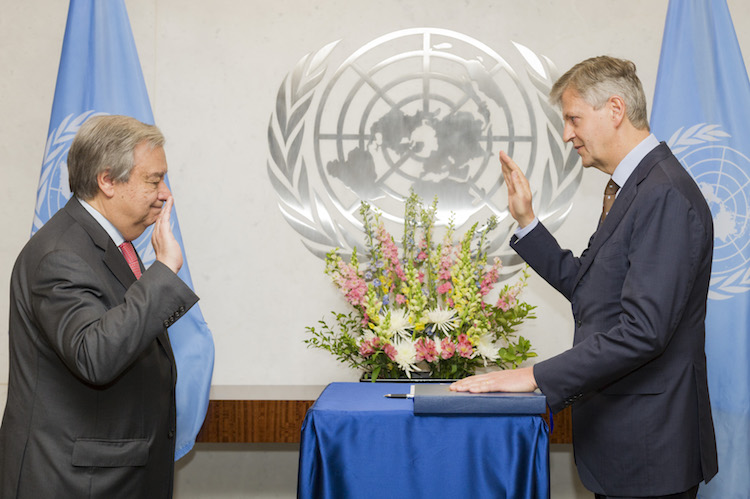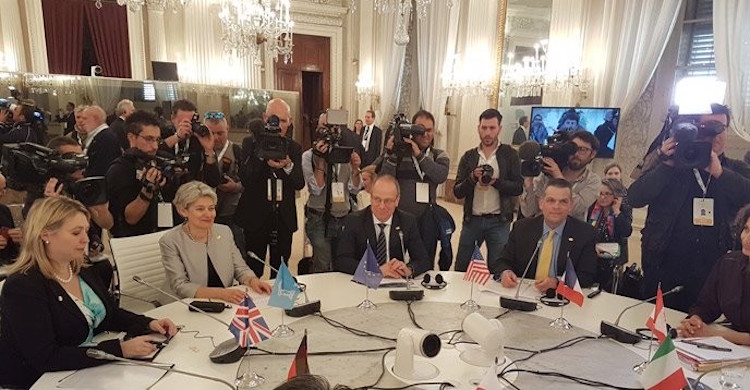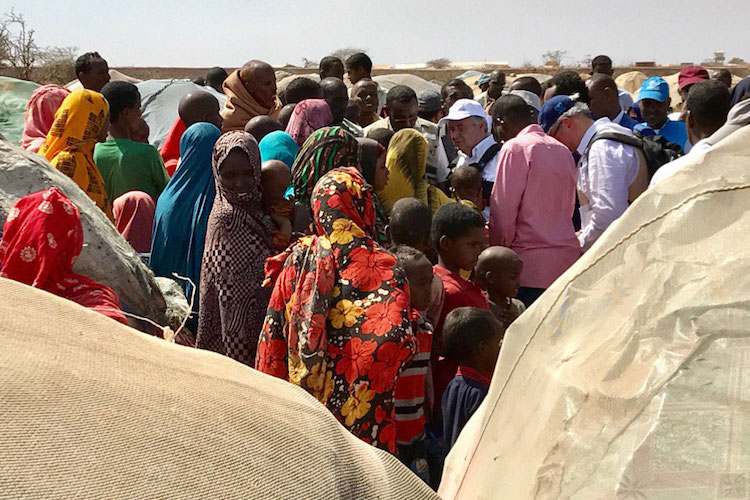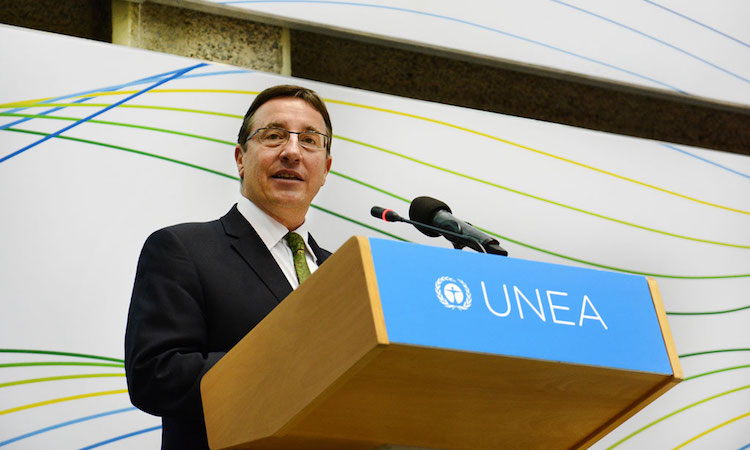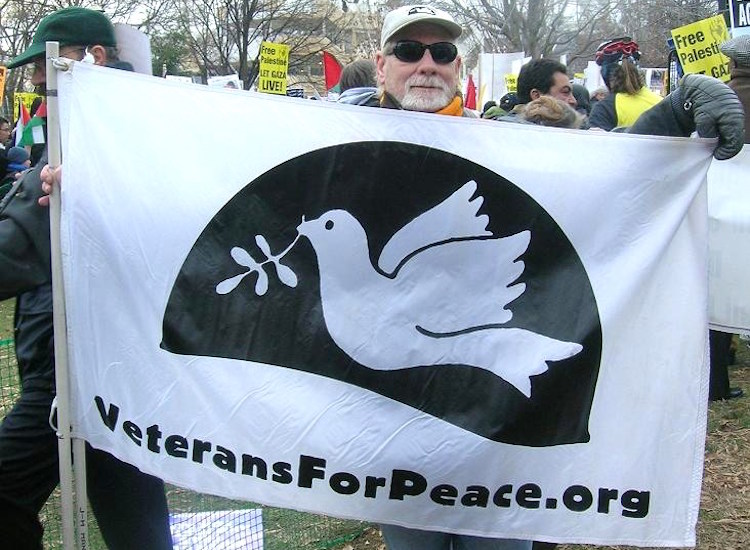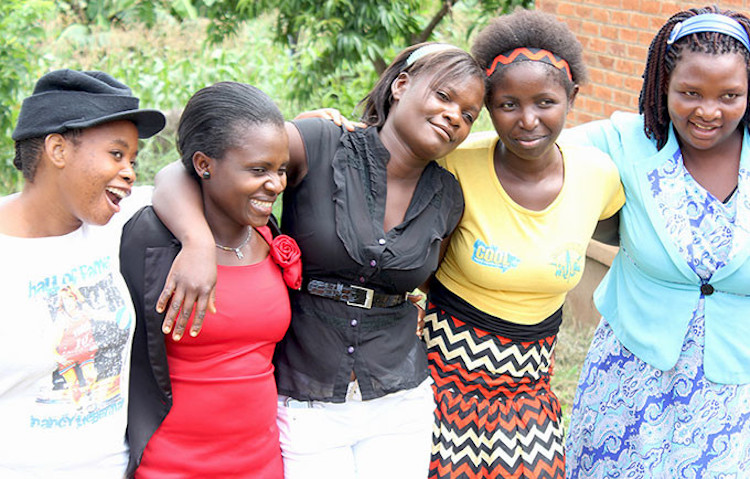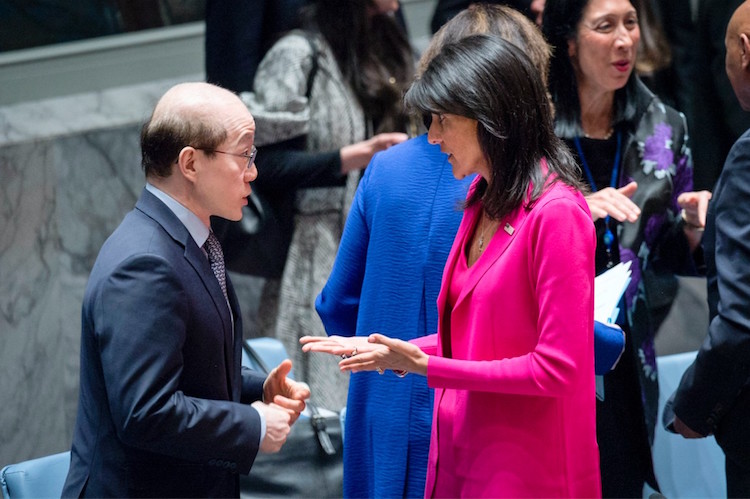By Shamshad Akhtar
Dr. Shamshad Akhtar is an Under-Secretary-General of the United Nations (UN) and the Executive Secretary of the Economic and Social Commission for Asia and the Pacific (ESCAP). – The Editor
BANGKOK (IDN) – The Asia-Pacific region’s high and steady economic growth has been an anchor of stability for the struggling world economy in recent years. Developing economies of the region now account for almost a third of global GDP (gross domestic product), slightly less than the combined output of the developed economies of North America and Western Europe.
If the region continues to grow at the current pace, it would account for more than a half of world economic output by the year 2050. With its increasing importance, the role of traditional ‘success factors’ such as education, high investment and savings rates, reliance on world markets through exports, is likely to evolve as well. Future economic growth will need to rely more on productivity gains which, in turn, require effective institutions and better governance, in both public and private spheres.


